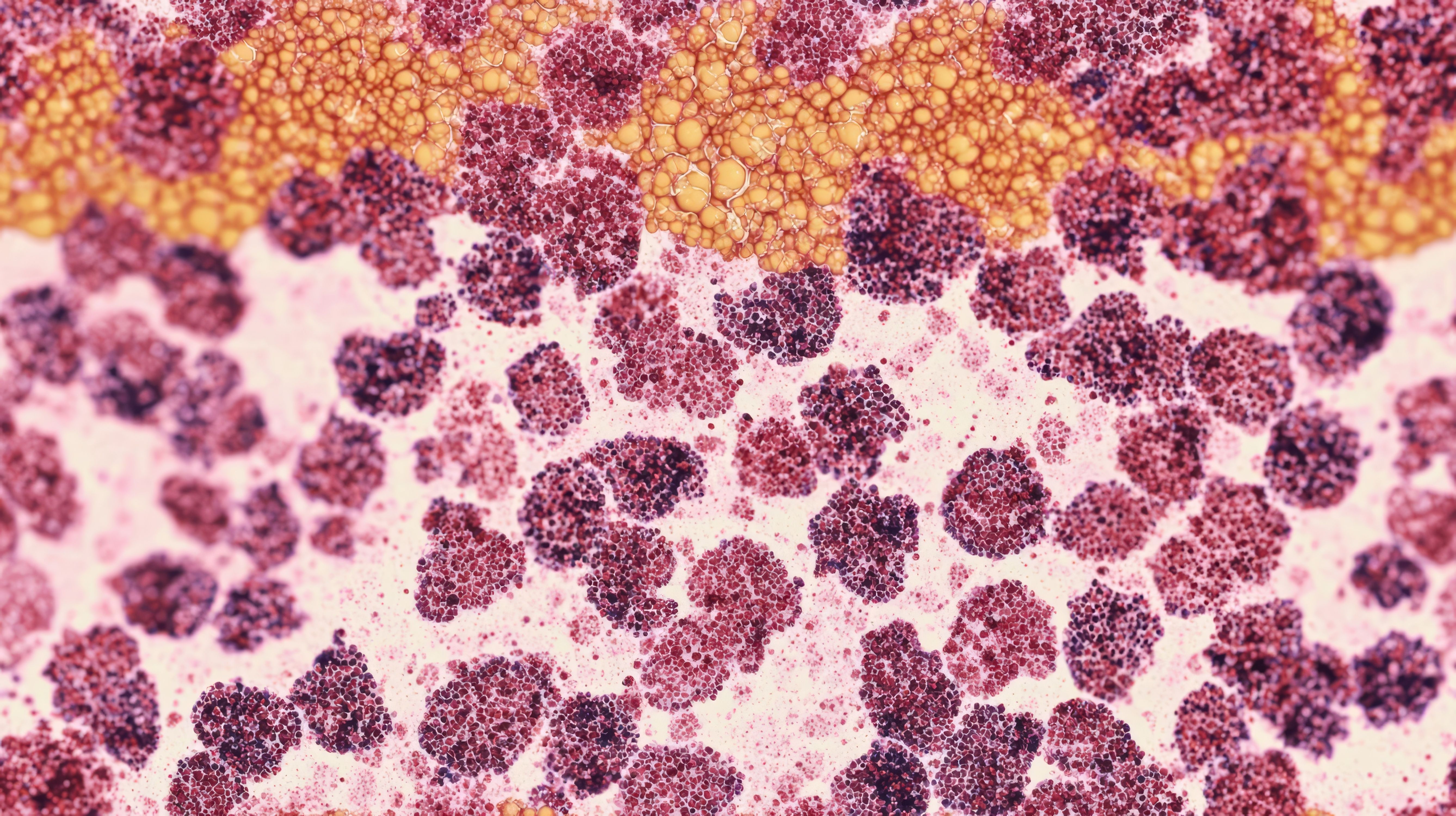News
Article
FDA Approves Concizumab-mtci to Prevent, Reduce Bleeding in Patients With Hemophilia A or B
Author(s):
Key Takeaways
- Concizumab-mtci is approved for hemophilia A and B patients with inhibitors, reducing bleeding episodes significantly compared to no prophylaxis.
- The explorer7 trial demonstrated a mean annualized bleeding rate of 1.7 episodes with concizumab-mtci versus 11.8 in the control group.
Concizumab-mtci is a subcutaneous, monoclonal antibody designed to achieve hemostasis in all hemophilia types.
Concizumab-mtci (Alhemo; Novo Nordisk) received FDA approval for routine prophylaxis to prevent or reduce the frequency of bleeding episodes in adult and pediatric patients 12 years of age and older with hemophilia A with factor 8 inhibitors or hemophilia B with factor 11 inhibitors. The decision is based on data from the explorer7 trial (NCT04083781).1
Wooden blocks spelling hemophilia | Image Credit: © lexiconimages - stock.adobe.com

Hemophilia A and hemophilia B are rare, genetic bleeding disorders characterized by the lack of blood-clotting proteins, leading to improper clotting and prolonged bleeding than normal after injury or surgery. Additionally, patients may also experience spontaneous bleeding in muscles, joints, and organs that can be life-threatening. Hemophilia A is more prevalent, accounting for 80% to 85% of cases.2
Standard of care therapy for patients with hemophilia A and hemophilia B involves replacement of the clotting factors. However, approximately 30% of patients with hemophilia A and 5% to 15% with hemophilia B develop inhibitors, which block the activity of factor 8 or 11. Development of inhibitors can make it more difficult to stop excessive bleeding, as well as respond to replacement therapy.2
Concizumab-mtci is a subcutaneous, anti–tissue factor pathway inhibitor monoclonal antibody designed to achieve hemostasis in all hemophilia types. In the multi-national, multi-center, open-label, phase 3 explorer7 trial, investigators aimed to determine the efficacy and safety of concizumab-mtci prophylaxis in patients with hemophilia A or B with inhibitors. Their study included 133 patients who were randomized 1:2 to receive no prophylaxis for at least 24 weeks (group 1; n=19) or concizumab-mtci prophylaxis for at least 32 weeks (group 2; n=33) or were nonrandomly assigned to receive concizumab-mtci prophylaxis for at least 24 weeks (groups 3 and 4; n=81).3
The efficacy was determined through comparison of the number of treated bleeding episodes between the concizumab-mtci treatment group and no prophylaxis group. The primary end point analysis evaluated treated spontaneous and traumatic bleeding episodes between group 1 and group 2.3
According to the data, there was an estimated mean annualized bleeding rate in group 1 of 11.8 episodes (95% confidence interval [CI], 7.0 to 19.9), compared with 1.7 episodes (95% CI, 1.0 to 2.9) in group 2 (rate ratio, 0.14 [95% CI, 0.07 to 0.29]; P<0.001). For patients from groups 2, 3, and 4 receiving concizumab-mtci, there was an overall median annualized bleeding rate of 0 episodes.3
The investigators reported no thromboembolic events after restarting treatment with concizumab-mtci. Additionally, plasma concentrations remained stable over time. Approximately 5% of patients experienced injection site reactions and hives, the most common adverse effects. They also reported cases of hypersensitivity reactions including redness of skin (erythema), rash, itching (pruritus), and abdominal pain associated with concizumab-mtci therapy.2,3
"For patients with inhibitors, especially in hemophilia B, their hemophilia may remain poorly controlled and pose a life-threatening risk," said Amy Shapiro, MD, CEO and co-medical director at the Indiana Hemophilia & Thrombosis Center, Inc. "The approval of [concizumab-mtci] – a first-of-its-kind, prophylaxis, subcutaneous injection pen for adults and children 12 years and older with hemophilia A and B with inhibitors – provides a much-needed alternative to the current standard of care in hemophilia B with inhibitors, while offering patients with hemophilia A with inhibitors more treatment options, ultimately providing more patients with inhibitors the opportunity to personalize their care and address current treatment gaps."4
REFERENCES
1. Research study to look at how well the drug concizumab works in your body if you have haemophilia with inhibitors (explorer7). Updated September 19, 2024. Accessed December 23, 2024. https://clinicaltrials.gov/study/NCT04083781
2. FDA approves drug to prevent or reduce the frequency of bleeding episodes for patients with hemophilia A with inhibitors or hemophilia B with inhibitors. FDA. December 20, 2024. Accessed December 23, 2024. https://www.fda.gov/drugs/news-events-human-drugs/fda-approves-drug-prevent-or-reduce-frequency-bleeding-episodes-patients-hemophilia-inhibitors-or
3. Matsushita T, Shapiro A, Angchaisuksiri P, et al. Phase 3 Trial of concizumab in hemophilia with inhibitors. N Engl J Med. August 30, 2023. doi: 10.1056/NEJMoa221645
4. FDA approves Alhemo® injection as once-daily prophylactic treatment to prevent or reduce the frequency of bleeding episodes for adults and children 12 years of age and older with hemophilia A or B with inhibitors. PR Newswire. December 20, 2024. Accessed December 23, 2024. https://www.prnewswire.com/news-releases/fda-approves-alhemo-injection-as-once-daily-prophylactic-treatment-to-prevent-or-reduce-the-frequency-of-bleeding-episodes-for-adults-and-children-12-years-of-age-and-older-with-hemophilia-a-or-b-with-inhibitors-302337790.html
Newsletter
Stay informed on drug updates, treatment guidelines, and pharmacy practice trends—subscribe to Pharmacy Times for weekly clinical insights.






